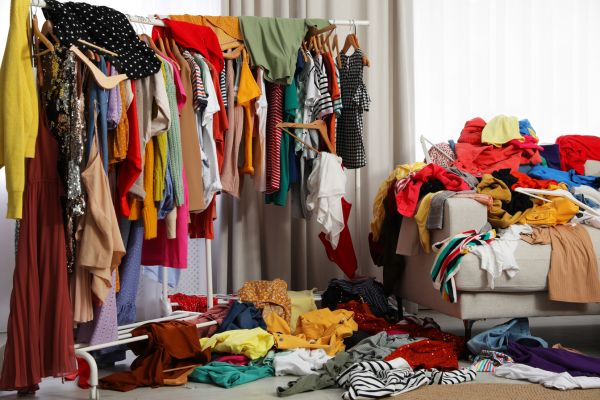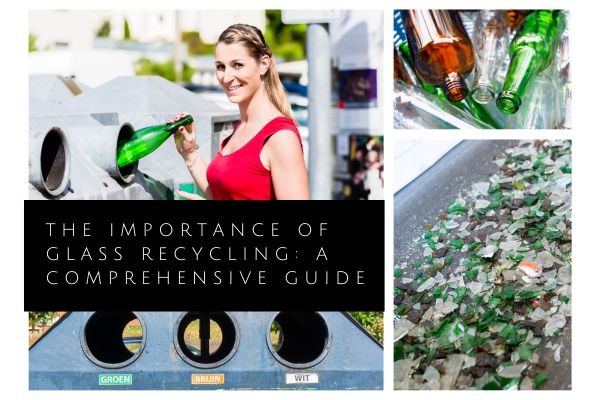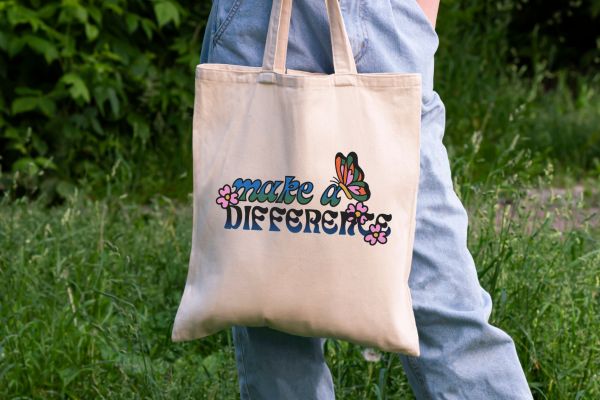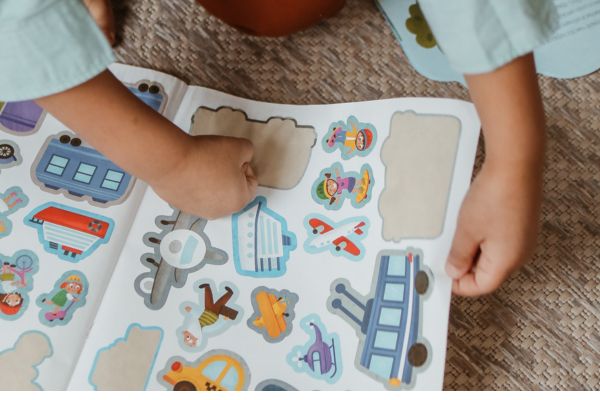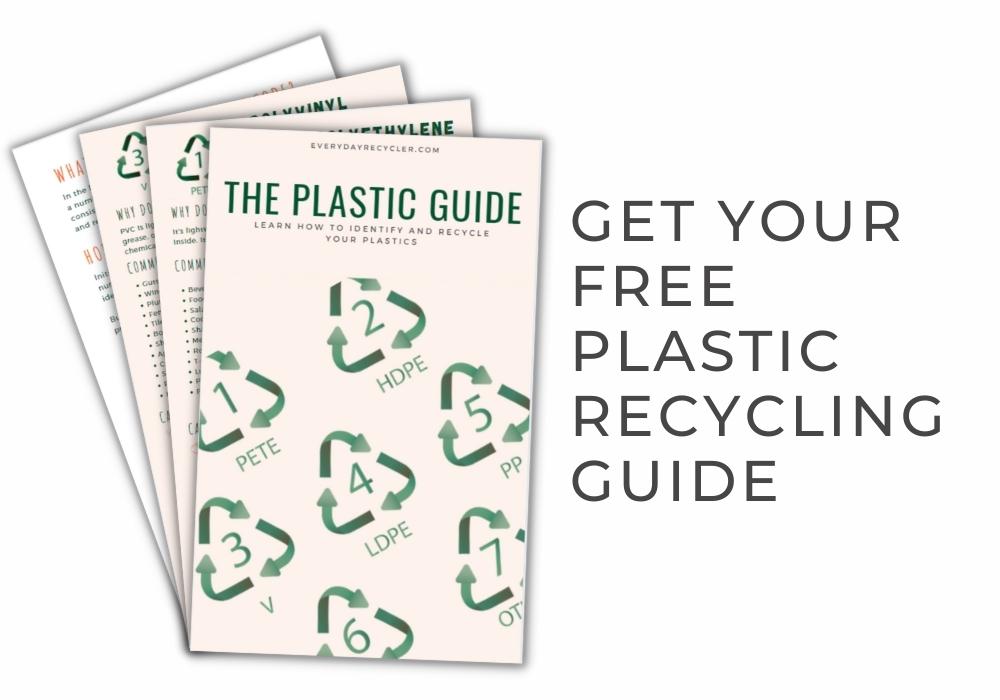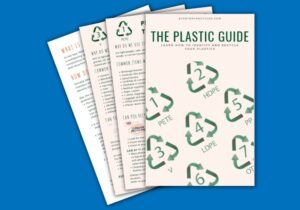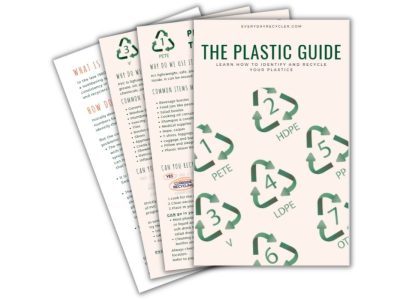Unfortunately, I am old enough to remember when we went from VHS tapes to CDs and DVDs. So now CDs are not really a thing anymore. I think that is good as it means less waste produced. Unfortunately, there are still a lot of CDs and DVDs in the world and many new ones still being produced. So the important question is can you recycle your old CDs and DVDs?
I sold a good deal of my CDs and DVDs a few years back. I didn’t sell them for a lot of money, but it was good to know someone wanted them and used them—the ones that I could not sell I recycled.
The Facts
CD – is short for Compact Disc and refers to a digital optical disc that stores data. Phillips and Sony developed it in the 1980s. They revolutionized the storage and transfer of data.
DVD – Digital Versatile Disc. is a digital optical disc invented in the 1990s. The main difference between this and a CD is that it can hold a lot more data.
Some more interesting facts:
- It’s estimated that there have been more than 200 billion CDs sold worldwide.
- To manufacture 30 CDs (equivalent to about a pound of plastic) requires
- 300 cubic feet of natural gas,
- 2 cups of crude oil and
- 24 gallons of water.
- A CD can take one million years before fully breaking down.
- The good news is that around 98% of a CD or DVD can be recycled.
What are they CDs made from?
CDs are made from polycarbonate plastic. The polycarbonate is coated with a thin layer of aluminum, this is what makes the CD reflective. A light coating of lacquer then protects the metal, and finally, a label is applied. The data on the CD is stored as tiny indentations known as pits, similar to a vinyl record.
The CD usually comes in a case or cover. This packaging is usually made from polystyrene (Plastic no 6) but can be made from polyvinyl chloride/ PVC (plastic no 3).
Can CDs and DVDs be recycled?
Yes, you can recycle CDs and DVDs, just not in your kerbside recycling program. They require specialist recyclers.CDs and DVDs must be never be placed in your curbside recycling bin as they will cause contamination.
The polycarbonate and aluminum in the CD are quite valuable materials, and 98% of the material can be recycled, so it’s worth recycling them.
Finding a CD and DVD specialist recycler can be a bit tricky. In some places, CDs and DVDs are classified as e-waste, but this is not always the case. So some companies that accept e-waste will also accept CDs. There are also many recyclers that cater to commercial companies rather than household waste, and so they require large quantities and must be paid for their service.
What is E-waste? E-waste refers to electronic products that have reached the end of their useful life. It includes TVs, VCRs, printers, phones, and even your hairdryer and vacuum cleaner. The definition is that it has a plug, power cord, or battery.
Luckily there are a few options available for households, and we have provided some links below. In some places, the CD or DVD case is accepted by your curbside program, so check that one out. I was fortunate that my council accepted the cases.
USA
Canada
UK
Australia
- Ecoactiv
- Planet Ark’s Business recycling
- Terracycle
- You can also try your local transfer station as some accept DVDs and CDs
New Zealand
Ways you can help
It seems like CDs and DVDs would be on the way out, considering how many streaming options there are today. Sales are dropping, but there were still 32 million CDs sold in 2018. If you still feel the need to own a CD, maybe consider other options like buying one second-hand.
I recently gave away all of my CDs and DVDs away to my local Buy Nothing Group so you could try asking your local group if anyone has the CD you are looking for. Another way, depending on your local area, is to borrow them from your local library. They often have a lot of DVD movies at least.
For all those old CDs in your TV cabinet at home, your first option is reuse. You can donate them to a charity or even a friend. There are other reuse options, for example, you can use them in fruit trees to keep the birds away. I used to hand them in my plum tree to keep the parrots away where I lived.
CDs and DVDs can also be used for many different art projects too. My favorite is to use old CDs and DVDs in a jewellery. I haven’t tried this myself but I do love the ingenuity of others like this these earings by from Etsy store Raula Jewellery.
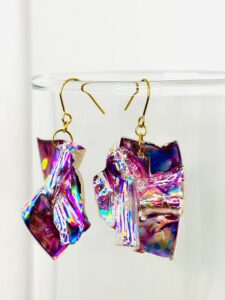
Once you have exhausted all of these options and no longer need them make sure you recycle your CDs and DVDs instead of tossing them in the trash. It can take 1 million years before they fully break down in landfill. The good thing is that almost 98% of a CD or DVD can be recycled and used in new products.
Learn more about what to do with your e-waste here.
Sources
- Country Waste, 2018, A CD and DVD Recycling Guide
- Wikipedia Compact Disc
- Mark Savage, 2019, Is this the end of owning music?, BBC.com








